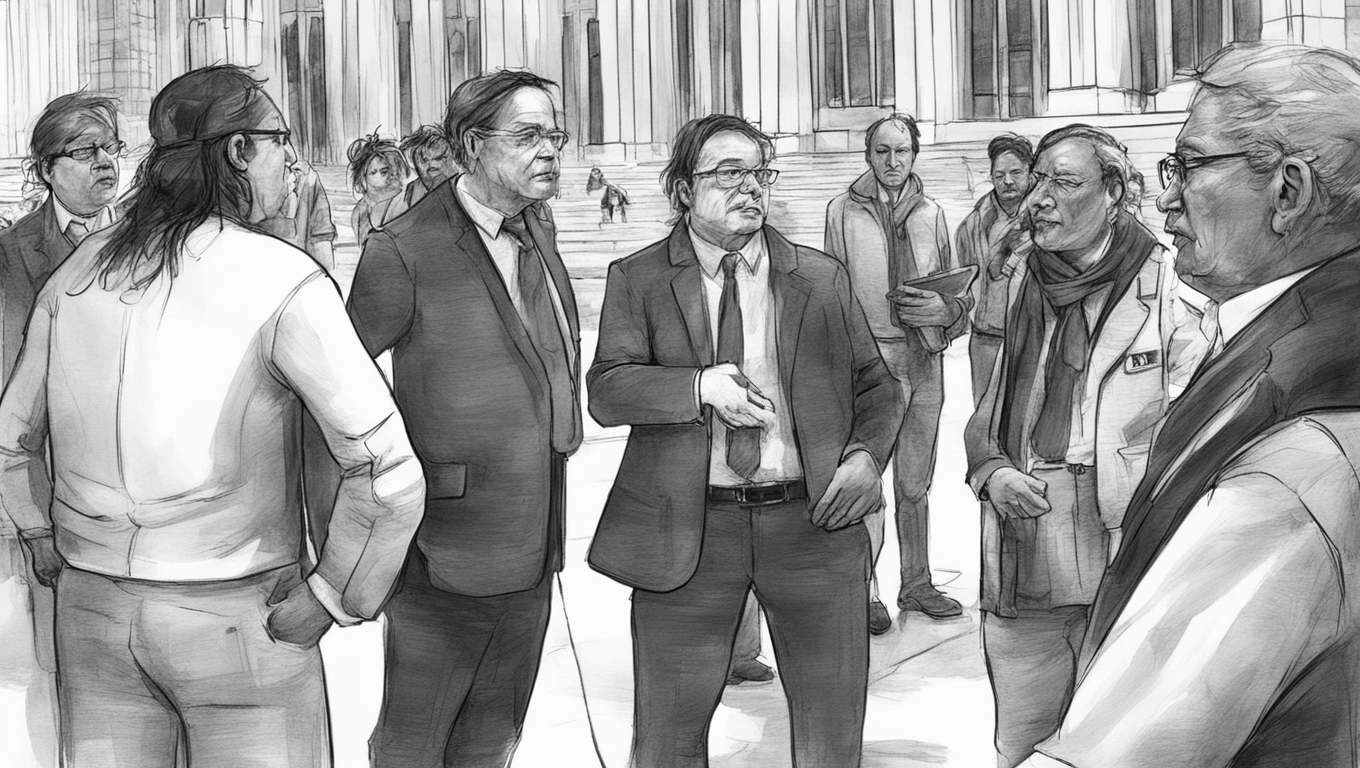The Canadian government is facing criticism and potential legal action over its proposed privacy and artificial intelligence bill. The Assembly of First Nations (AFN) has warned that it may take the government to court, citing concerns that the legislation infringes on the rights of First Nations and is lacking in proper consultation. Jim Balsillie, former co-CEO of BlackBerry pioneer Research In Motion, has also voiced his opposition to the bill, describing it as “anti-democratic.”
One of the major criticisms leveled at the government is its failure to consult widely on Bill C-27. The bill aims to update privacy laws and introduce the Artificial Intelligence and Data Act. However, both Balsillie and Indigenous leaders assert that not enough effort was made to gather input from the public and civil society. Instead, they argue, the government relied heavily on feedback from industry stakeholders.
Balsillie has been particularly vocal in expressing his concerns about the lack of consultation. He highlights the importance of including perspectives from a diverse range of stakeholders, including civil society, to ensure that the legislation truly reflects the needs and values of Canadians. In his testimony to MPs studying the bill, he criticized the government’s reliance on industry feedback, stating, “It’s like taking the foxes' word for how many chickens have gone missing.”
Indigenous leaders are also raising the issue of insufficient consultation. The AFN asserts that First Nations were not consulted at all during the drafting of the bill. They argue that this lack of consultation not only infringes on the rights of First Nations, including their data sovereignty, but also fails to take into account the unique perspectives and concerns of Indigenous communities.
The AFN is prepared to take legal action if the government does not address these concerns. They argue that the bill’s provisions are not just a matter of policy, but also have direct implications for the rights and sovereignty of First Nations. They assert that litigation is “likely” if the government fails to meet its obligations.
The controversy surrounding Bill C-27 highlights the ongoing tension between technological advancements and the protection of privacy. As artificial intelligence becomes increasingly integrated into our lives, it is crucial to strike a balance that safeguards personal data while still allowing for innovation and progress. Proper consultation with a diverse range of stakeholders is essential to achieve this balance.
The Canadian government now faces mounting pressure to address the concerns raised by the AFN, Balsillie, and other critics of the bill. It remains to be seen how the government will respond and whether any changes will be made to the proposed legislation. As this issue unfolds, it serves as a reminder of the importance of inclusion, consultation, and careful consideration when crafting policies that have such far-reaching implications for Canadians' privacy and rights.





Use the share button below if you liked it.